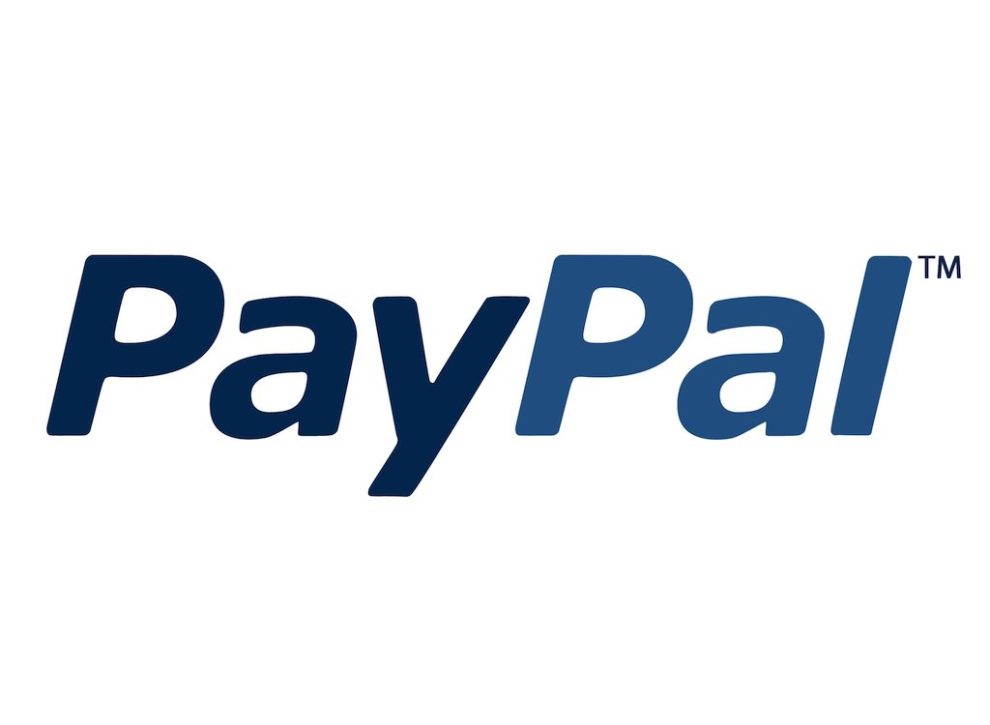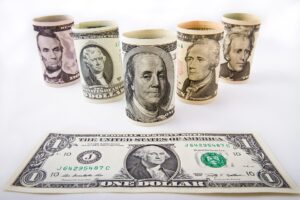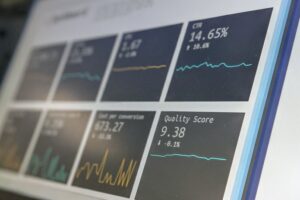Tech companies have taken the stock market by storm in 2020 as their technologies remain at the forefront in powering a new lease of life in the aftermath of COVID-19. Likewise, disruptions have become the order of the day in the financial sector as the old guard feels the pressure of fintech payment giants. Square Inc. (NYSE:SQ) and PayPal Holdings Inc. (NASDAQ:PYPL) are already sending shockwaves in the financial sector as they continue to fuel the digital revolution.
Square- PayPal Growing valuation
Square’s stellar performance in 2020 has seen its market cap surpass that of 150-years Goldman Sachs Group Inc. (NYSE: GS) despite being in business for a few years. Square’s milestones come barely two months after the PayPal market cap surpassed that of Bank of America Corp (NYSE: BAC).
As it stands, PayPal and Square are now more valuable than any other financial juggernaut in the U.S except JPMorgan Chase & Co.(NYSE: JPM). The milestone affirms a new guard in a financial sector that is undergoing lots of transformation as focus shifts to digital payments.
e-Commerce Opportunity
The rise in digital payments, as well as the shift to shopping patterns to e-commerce, has all but triggered booming businesses for PayPal and Square, thus help solidify their position in the financial sector. Investors are increasingly betting on PayPal and Square given there tremendous opportunity around ecommerce.
Square has seen its stock surge by more than 140% as traditional banks remain under pressure amid a turbulent business environment fueled by COVID-19. PayPal, on its part, is up by more than 90%. With the coronavirus pandemic poised to accelerate the penetration of digital payments, PayPal and Square remain well-positioned to enjoy robust revenue growth.
In contrast, traditional banks led by the likes of JPMorgan and Bank of America have had to set aside billions of dollars to cater for defaults from credit cards mortgages and commercial loans owing to economic slowdown fuelled by COVID-19. The banks are also poised to see a significant reduction in their profitability as the Federal Reserve keeps the benchmark interest rate at zero.










